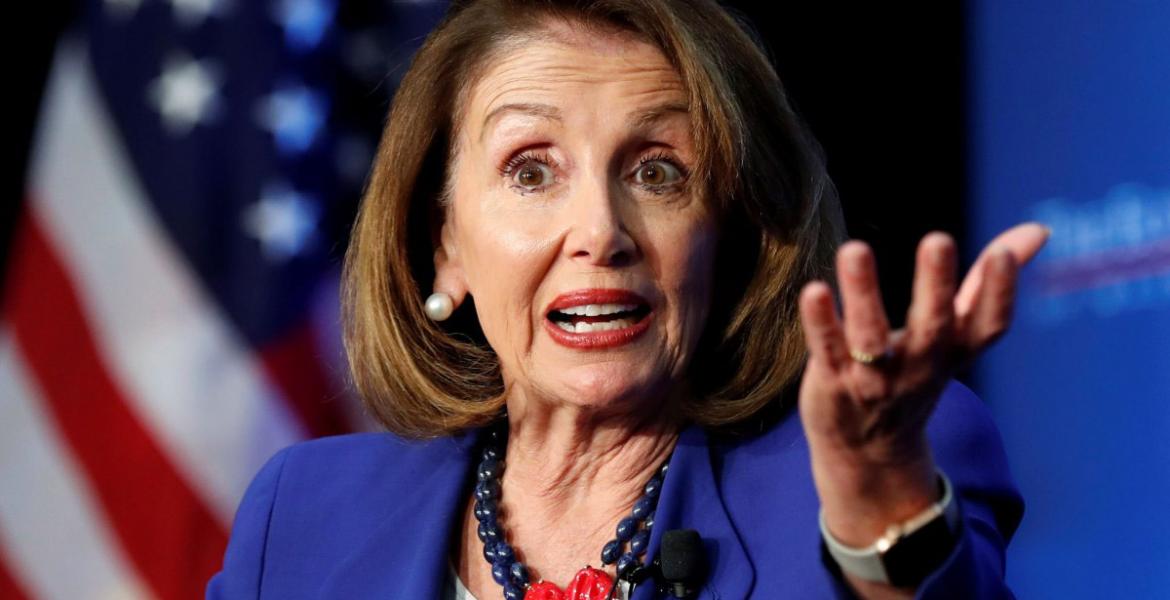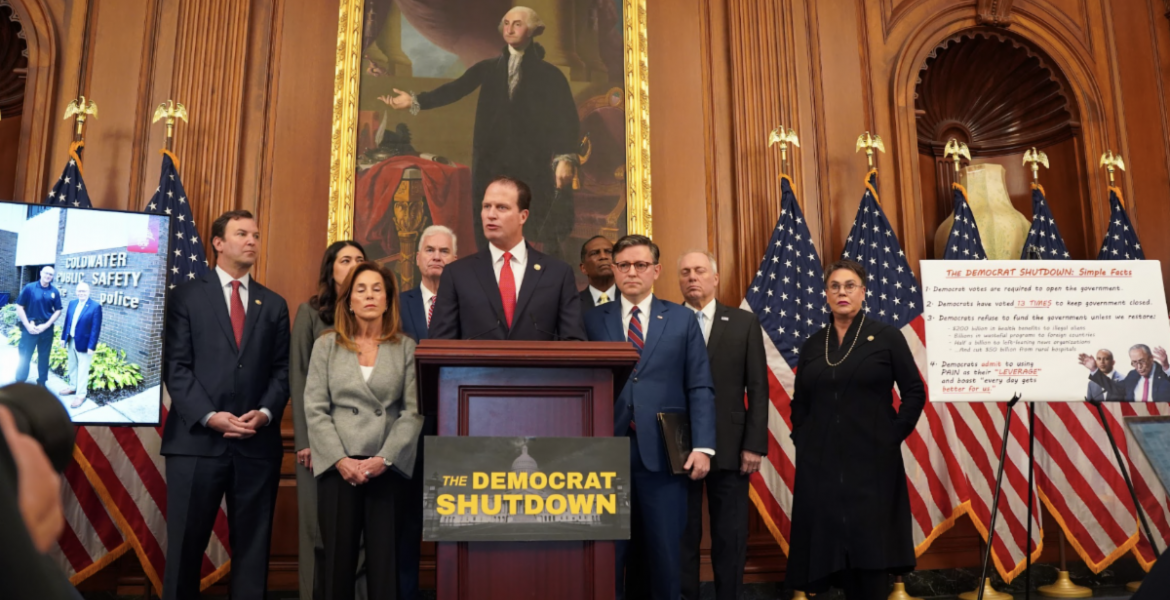Discussions at an San Angelo Police Department Meet and Confer meeting Friday turned heated as City finance staff and the Chief of Police debated over police budget shortfalls following a previous week's proposal to gradually increase officer salaries to mirror the average of comparable “benchmark cities”.
Allegations of mismanagement and denied requests for additional funding flew back and forth as city staffers and the Chief of Police delved into various areas of the PD’s annual budget over-expenditures.
“When you look at the overages in our budget, a majority of that—possibly all of that—is stuff that I have zero control over,” Chief Tim Vasquez stated. “I don’t set those budget lines, I don’t have control of those monies, but those monies are allocated. This isn’t the first year we’ve gone over budget, we’ve gone over budget every year.”
In 2013, the SAPD exceeded their budget by approximately $667,000. By Vasquez’s estimation, those excesses will be in the ballpark of $723,000 in 2014. Vasquez says there have been significant over-expenditures every year, however requests for more funds to cover those expenses have fallen on deaf ears.
“We do not run a zero balanced budget. We never have as long as I’ve been Chief. Gasoline, I needed an extra $130,000. Did I get that? No,” Vasquez said.
Hefty portions of budget excess stem from expenses that are uncontrollable, Vasquez said. He named fuel costs, electricity and water expenses, and overtime as examples.
When the SAPD proposed a salary increase that would put them in the range of comparable cities called “benchmark cities,” City staff asked the PD to have its officers assess areas in which money could be saved and the budget could be stretched in an effort to cover the costs.
City Manager Daniel Valenzuela explained that City income generated from the half-cent sales tax and other areas could be used to aid the SAPD’s flailing budget, but that those funds are also needed elsewhere and would not completely cover the funding needed. As a means to an end, Valenzuela questioned whether the PD’s budget was as efficient as it could be.
“One thing I’ve learned through my experience is that front line staff workers, people that are actually out there, a lot of times come up with some really good ideas,” Valenzuela said. “A lot of times they’re driving around thinking, ‘Wait a minute, why are we doing things this way? If we were to change things up a little bit, we could actually save some money this way and make it easier for us.’
“That’s what we’re looking for. I’m just looking for ideas, perhaps that may be out there that haven’t been explored, that may free up some monies and allow us to make these adjustments accordingly,” he explained.
Chief Vasquez was absent at the previous meeting due to another engagement in Austin, and was not fond of the idea that his officers be requested to dig through the department’s financials.
“I think it’s unfair to have our officers try to dissect our budget and determine where to make cuts when they don’t have the authority to do that,” Vasquez said. Sergeant Korby Kennedy agreed, stating that the final decision rests with the Chief in administration, not with the officers in patrol cars.
As the discussion moved toward generating revenue, the divide in the meeting space widened. While the City was pushing to cut costs and possibly make money, the Chief reiterated that his budget was already beyond maxed out and added that the police department has already taken measures to reduce expenses by merging and eliminating positions, and cutting back on equipment and maintenance costs.
“One of the things you said a minute ago that concerned me," Vasquez addressed Valenzuela. "You’re looking for ways to generate revenue, how do we go about generating revenue? We’ve got alarm fees...we’ve got photo fees, we’ve got wreck reports, we’ve got auction fees and seizure money…” Vasquez said, noting that the police department is not a money-making organization.
“Chief, you failed to mention one item there,” Valenzuela retorted. “When you start looking at the number of accidents that have gone up over this past year. You can attribute that to…more oil and gas people in our area, but it also goes back to educating our community. Those that are driving our streets—pulling them over, giving them warnings or giving them tickets. When traffic accidents start going up, we need to take action also to make sure we can reduce those.”
Valenzuela stressed that the City is not telling the police to write more tickets, but emphasized that those citations are a large source of revenue. Chief Vasquez responded that the goal of the department is not to issue citations, but to fight crime, and that the culture of police work has changed over the years to place focus on real crime, not on passing out tickets for minor traffic violations.
While the number of accidents has risen over the past couple of years, the number of tickets issued has fallen, a trend Vasquez says is typical of the nation. Conversely, traffic stops have increased, however Vasquez explained that his force are not pressured to issue citations for infractions such as no turn signal or a license plate light, as the stops are often made to educate citizens and to check for additional suspicious or criminal activity, such as possession of drugs or alcohol.
Self-initiated police activity, such as traffic stops, has increased since 2003, Vasquez said. Whereas in 2003, 85 percent of police work stemmed from calls for service, in 2013 that had fallen to approximately 55 percent, the Chief stated.
“I do understand as far as service calls and so forth, but those are things that we need to make sure we take a look at and say we’re doing everything we possibly can,” Valenzuela said, “to make our streets safer, part of the residual is the money that would come in after that.”
After several minutes of discussion, Vasquez wanted to know how his overdrawn budget is paid. “How in the world can the San Angelo Police Department go over $667,000 and the City not bat an eye and pay for it?” Vasquez asked. “Where does that money come from? That’s always been my question. If it comes from other departments, then those other departments were over-budgeted, dramatically.”
While Valenzuela explained that part of the money comes from revenues generated from the half-cent sales tax, Chief Financial Officer and Assistant City Manager Michael Dane interjected that a large portion comes from other departments that have managed their budgets and had money left over at the end of the year. “Managed. Managed. Managed,” Dane said, gradually growing louder as the Chief continued.
“So you tell me how you want me to manage my fuel expenses. I can park cars, if that’s what you want. I can tell you every year we’re close to $400,000 in [fuel expenses]. Every year, I get 200,000,” Vasquez said. Then the Chief addressed another of the department’s most hefty areas of overage. “If you look at overtime, the majority of it comes from shortages—almost all of it comes from shortages—and it comes from functions…that we have to do traffic control. We have more and more and more events occurring in our community and we are responsible for the traffic on our public streets, so we eat that overtime,” he said.
Councilman Rodney Fleming, who was present at the meeting, stepped in to state that as third party, he could understand the arguments of both sides, but was concerned that there might be an issue with the entire budgeting process.
“What I’m not understanding on this though, we’re way short on this every year, so your budget is not set right,” Fleming said. “I agree with him (Chief Vasquez) on the gas costs and a number of that stuff, and you guys—finance guys—are trying to put a number on things that you probably don’t understand fully. He has to have that much overtime, he has to have that much gas, he has to have those vehicles and things…It sounds like to me that the budget needs to be adjusted.”
Fleming suggested that the issue be brought before City Council, in an effort to address the police department’s needs.
“He did tell you he needed it, and we passed his need along to you, and Council said no,” Dane said. “…all of the expanded level requests, Council said no.” Dane stated that the requests were in fact sent out twice the last time around, however Council chose not to approve them either time. To this, Fleming stated that having been present and heard the arguments made at the meeting, he'd be more receptive to the PD's needs the next time the issue is brought forth.
For roughly an hour and a half, the discussion continued as it had began--each taking jabs at one another for holding conflicting points of view. Following a brief break, the City and the Chief had yet to meet any immediate resolution, but eventually agreed to begin pouring over the department's budget and discussing troubled areas in greater detail.
The next meeting will take place on Wednesday, Jan. 22 at 1 p.m. in City Hall. On the agenda is a discussion of the SAPD’s vehicle maintenance procedures, where costs of oil, parts and repair from both outside and internal entities will be discussed.
Subscribe to the LIVE! Daily
Required






Comments
Listed By: Bill Richardson
- Log in or register to post comments
PermalinkListed By: Leslee Fleming
- Log in or register to post comments
PermalinkListed By: Bill Richardson
- Log in or register to post comments
PermalinkListed By: Leslee Fleming
- Log in or register to post comments
PermalinkListed By: Bill Richardson
- Log in or register to post comments
PermalinkListed By: Bill Richardson
- Log in or register to post comments
PermalinkListed By: Amanda Williams
- Log in or register to post comments
PermalinkListed By: Bill Richardson
- Log in or register to post comments
PermalinkListed By: Bill Richardson
- Log in or register to post comments
PermalinkListed By: Nacho Libre
- Log in or register to post comments
PermalinkListed By: Chris Myers
- Log in or register to post comments
PermalinkListed By: Noonian Soong
- Log in or register to post comments
PermalinkPost a comment to this article here: